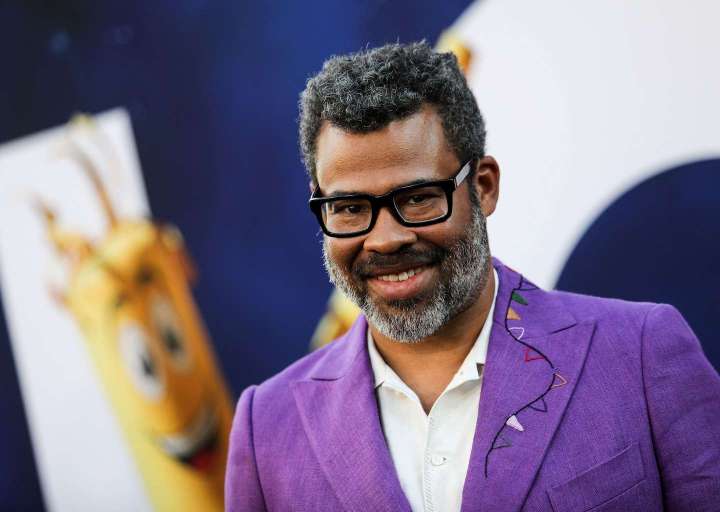This essay discusses plot points from “Get Out,” “Us” and “Nope,” so please consider yourself warned.
‘Nope’ director Jordan Peele mocks his audience. They love him for it.

Peele has met the enemy, and he is us. Given how deferential modern directors and franchises are to fans, that attitude is highly unusual. And it makes Peele’s movies distinct and politically unique, whether he’s mocking self-congratulatory White liberals, targeting a complacent upper-middle-class, or questioning our addiction to spectacle.
Take Peele’s debut feature “Get Out.” Black viewers will likely identify with Chris (Daniel Kaluuya), a Black photographer joining his White girlfriend Rose (Allison Williams) on a visit to her family. But the movie is set up to question the pieties of the very reviewers who can make or break original movies such as the ones Peele produces: White, liberal and male.
When Dean Armitage (Bradley Whitford) says he would’ve voted for Barack Obama a third time if he could’ve, he served as a stand-in for every cringey White progressive who considers himself an “ally” and is desperate for a way to deliver that information. Same for Rose (Williams), who protests racial profiling even as she lures her Black partner into horror-movie servitude. Peele is turning the camera on the audience in an effort to get them to question their sincerity.
In “Us” and “Nope,” this identification is even more pointed. After the terrifying home invasion by a quartet of doppelgangers in “Us,” Gabe Wilson (Winston Duke) asks, “What are you people?” And Red (Lupita Nyong’o) looks at him wide-eyed, with a malevolent smile, as if it’s ridiculous he could not know: “We are Americans,” she answers.
The idea that for every wealthy family living in luxury there’s a similar family living in desperate poverty is not remotely subtle. But Peele uses this convoluted nightmare logic of the class consciousness to offer an interesting provocation: that if the oppressed rose up to slaughter the overclass, they’d be at least partially justified in doing so. That’s actually terrifying, more so than the empowerment fantasies of so much socially-conscious horror.
In “Nope,” again, the identification with the monster is made even more explicit. The shape-shifting alien that is roaming the California countryside sucking up humans and horses alike for sustenance is referred to as “The Viewer” by one-time child TV star Ricky “Jupe” Park (Steven Yeun).
And the Viewer ravenously consumes everyone in its path, just as we vacuum up every image of brutality on the internet that we can. From videos of police shootings to WorldStarHipHop sucker punches to brawls at Chuck E. Cheese, there’s one thing we can’t get enough of. Our ears are no more innocent than our eyes: the voyeurism of true crime podcasts allows us to revel in murder while maintaining some shred of dignity.
Given the amount of time studios and filmmakers spend slipping bits of fan service and Easter eggs into TV shows or peppering movies with cheer-inducing cameos this is refreshing.
And yet Peele’s willingness to jab back at his fans, even when they’re praising him, in a weird way gives them what they want. After all, we live in an era of self-flagellation. Peele’s critiques of his viewers are just another way to engage in a ritual of identifying, examining and denouncing privilege. The enemy is us. And we wouldn’t want it any other way.






